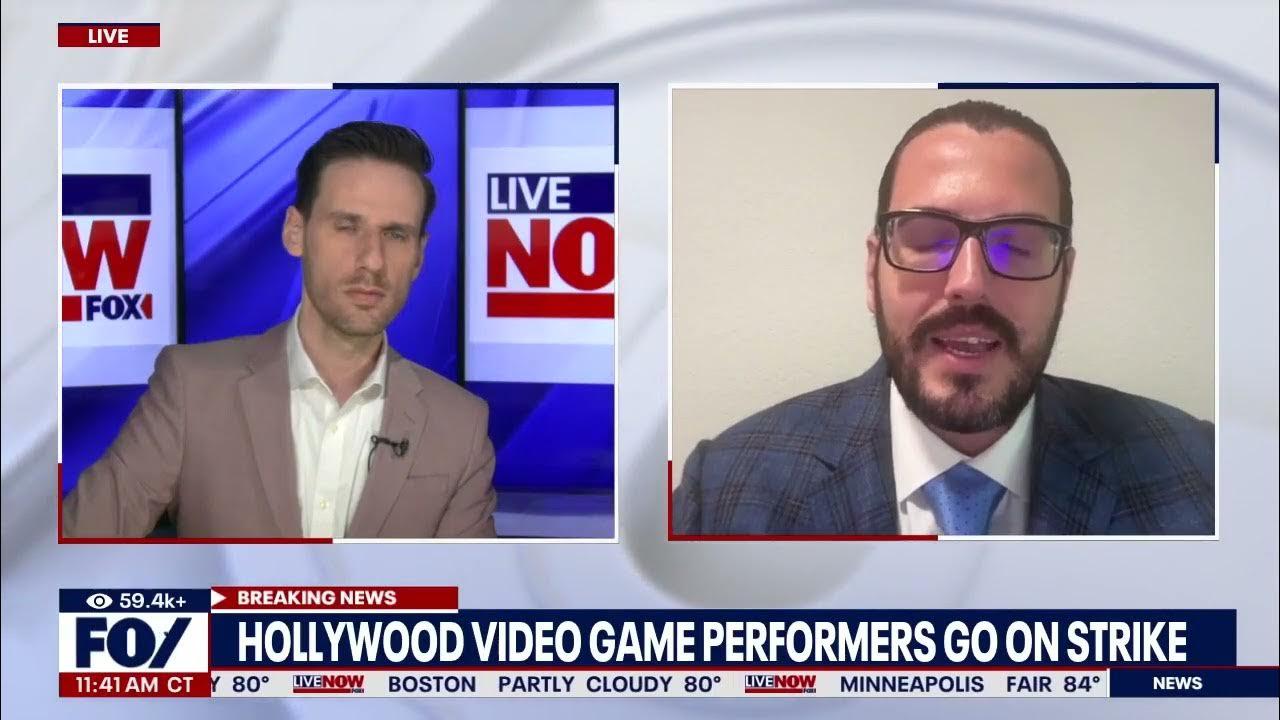The rapidly evolving entertainment landscape is witnessing a clash between technology and creativity, raising concerns about rights and recognition. The recent strike by video game voice actors is a pivotal moment as the industry grapples with the implications of artificial intelligence on their craft. Negotiations between industry giants like Activision, Warner Brothers, and Disney and the Screen Actors Guild have stalled, highlighting the high stakes for performers in the video game industry.
Impact of the Strike on the Video Game Industry
The strike by video game actors signals a significant shift in the industry, where technology and entertainment intersect. As studios incorporate artificial intelligence into their production processes, there are profound implications for voice actors and motion capture performers. The dispute revolves around the misuse of actors’ voices and likenesses by AI technologies without their consent or fair compensation. This raises questions about ownership in an era where digital assets can be easily replicated, potentially eroding the rights of performers.
Exploring the Concerns Around Artificial Intelligence in Performance
The concerns surrounding artificial intelligence in performance art, particularly in video games, have escalated into a labor dispute. Performers fear that AI technologies can replicate their voices and likenesses without permission, enabling studios to exploit their content without adequate compensation. Unions advocate for comprehensive safeguards in contracts to protect performers’ intellectual property and ensure fair compensation for the use of their likeness and voice.
Charting the Future of Actor Rights and Digital Likeness
The recent strike underscores the need for robust safeguards regarding artificial intelligence in creative industries. Performers are concerned about the lack of protection in current contracts with major studios, allowing them to claim ownership over AI-generated content. The Screen Actors Guild and other unions are pushing for AI oversight, consent provisions, and fair compensation to uphold actor rights and recognition in the digital landscape.
Strategies for Ensuring Fair Compensation and Consent
To create a fairer environment for video game actors, clear contractual agreements prioritizing consent and compensation are essential. Studios must collaborate with unions to draft comprehensive contracts defining the use of performers’ voices and likenesses, especially in the context of artificial intelligence. Education and advocacy are crucial for performers to understand and assert their rights regarding AI and digital content, empowering them to negotiate for fair treatment in the industry.




